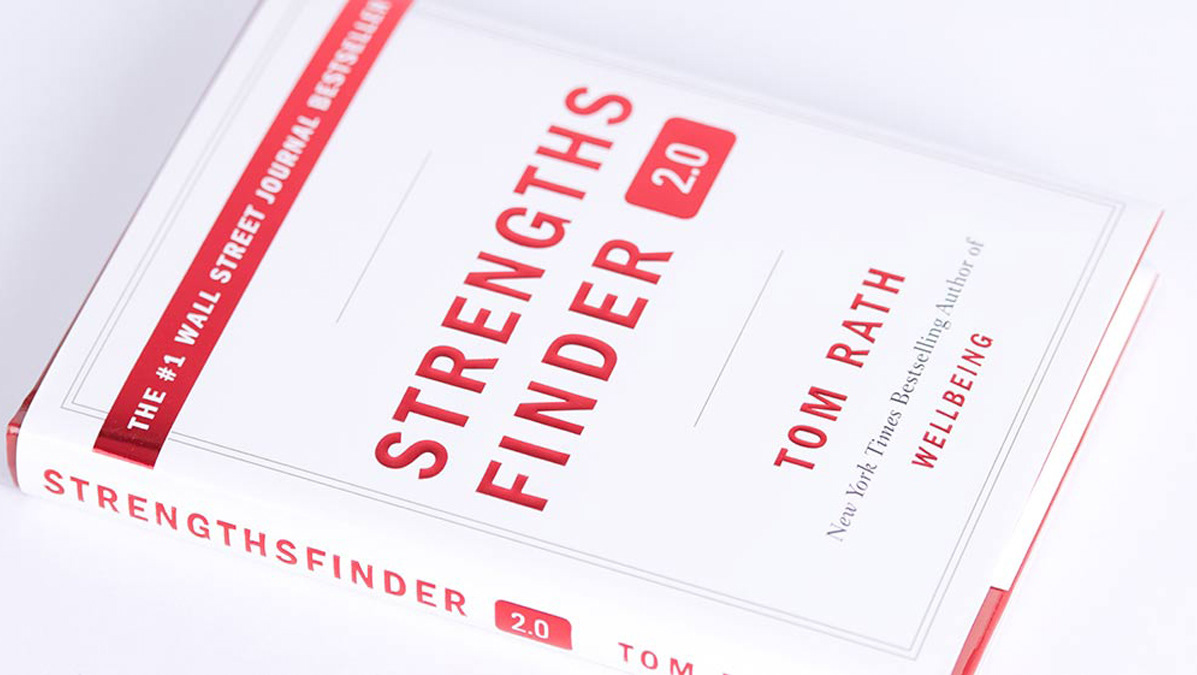Above are the results of my TKI assessment. They reveal my preferred style of conflict is accommodating, followed closely by both compromising and collaborating. I am less likely to avoid a conflict all together or focused on winning (competing).
Accommodating (87% / High): Accommodators tend to see conflicts as social/emotional issues to be settled with support and sensitivity. They often believe in the Golden Rule (“Do unto others . . .”) and believe that generosity will eventually be rewarded in kind. They regard coworkers as friends—people to be supported and looked after—and value support, generosity, goodwill, and team cohesiveness. They often see compassion and friendship as more important than the minor issues involved in most conflicts. Accommodators help coworkers meet their concerns—for the sake of the coworker and to help build cohesiveness and goodwill.
Compromising (75% / Medium): Compromising is intermediate in both assertiveness and cooperativeness. When compromising, an individual has the objective of finding an expedient, mutually acceptable solution that partially satisfies both parties. Compromising falls on a middle ground between competing and accommodating, giving up more than competing but less than accommodating. Likewise, it addresses an issue more directly than avoiding but doesn’t explore it in as much depth as collaborating. Compromising might mean splitting the difference, exchanging concessions, or seeking a quick middle-ground position.
Collaborating (74% / Medium): Collaborating is both assertive and cooperative. When collaborating, an individual attempts to work with the other person to find a solution that fully satisfies the concerns of both. It involves digging into an issue to identify the underlying concerns of the two individuals and to find an alternative that meets both sets of concerns. Collaborating between two persons might take the form of exploring a disagreement to learn from each other’s insights, resolving some condition that would otherwise have them competing for resources, or confronting and trying to find a creative solution to an interpersonal problem.
Avoiding (22% / Low): Avoiding is unassertive and uncooperative. When avoiding, an individual does not immediately pursue his or her own concerns or those of the other person. He or she does not address the conflict. Avoiding might take the form of diplomatically sidestepping an issue, postponing an issue until a better time, or simply withdrawing from a threatening situation.
Competing (10%) / Low: Competing is assertive and uncooperative, a power-oriented mode. When competing, an individual pursues his or her own concerns at the other person’s expense, using whatever power seems appropriate to win his or her position. Competing might mean standing up for your rights, defending a position you believe is correct, or simply trying to win.


